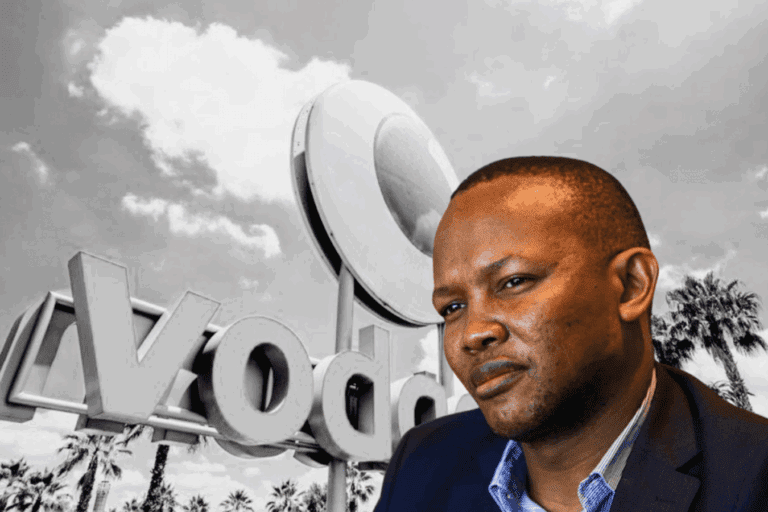The decades-long “Please Call Me” legal saga between Nkosana Makate and Vodacom is headed for a final reckoning. The case has been set down for hearing in the Supreme Court of Appeal (SCA) on 18 November 2025, as mandated by the Constitutional Court, and will be heard by a new panel of judges.
This follows a ruling on July 31, 2025, where the Constitutional Court overturned the SCA’s previous judgment in Makate’s favour.
The apex court criticised the SCA for its failure to properly analyse evidence, introducing a new “duty of proper consideration” standard for appellate courts.
It ordered a new SCA bench to reevaluate the case for a final determination on both the facts and the quantum of compensation.
The SCA Judge President has since directed both parties to cooperate, labelling the matter “Urgent” and acknowledging the critical need for finalisation after a 25-year battle.
Despite this, Vodacom and Makate failed to agree on a timeline, forcing the SCA’s Chief Registrar to issue a final directive with strict deadlines, culminating in the 18 November hearing.
Vodacom must submit six copies of its appeal documents by September 15, 2025. They then have two weeks after that to file six copies of their main legal arguments. Following that, Nkosana Makate has two weeks to respond by filing six copies of his own legal arguments.
All these written arguments must follow the standard rules of the court.
The Stakes: Billions on the Line
The Constitutional Court’s landmark 2016 judgment, which found Makate’s idea was protected by a binding contract, remains untouched. All the judgements of the lower courts still stand except the SCA ruling.
The sole issue now is the amount he is owed.
The figures in dispute are vast and reveal the gap between the parties:
- Vodacom CEO’s offer: R47 million
- Makate’s claim: R9.4 billion
- Vodafone UK’s disclosed liability: R47 million (min) to R29 billion (max)
- Alleged PCM revenue (per Makate): R200 billion over 18 years
The core of the dispute is how much Makate will get based on a 5% revenue share of PCM service for 18 years and 5% interests thereon, a figure the Vodacom CEO has agreed to in principle. The remaining variables, which could be resolved with data from Vodacom’s own records, are what fuel the legal impasse.
A Crossroads for Corporate South Africa
This is more than a technical commercial dispute; it symbolises the gap between corporate power and grassroots innovation.
South African society is watching.
The November hearing is the end of the road for litigation on the quantum. The Constitutional Court has made it clear it will not adjudicate these factual disputes again. The outcome is a pure win-or-lose scenario for both parties.
There is a prevailing hope that business sense will finally intervene. As Vodacom’s parent company, Vodafone, has a history of settling major disputes out of court in other markets. Similarly, Vodacom’s rival MTN resolved a multi-billion-dollar standoff in Nigeria through good-faith negotiation.
The opportunity remains for Vodacom and Makate to remove their egos, negotiate in good faith, and end this saga – saving themselves from further cost and a prolonged public relations disaster.
The door to a negotiated settlement, while narrowing, is still open before November 18.


1 Comment
I sincerely hope I stand with Makate R29bn%. His fight is not just for himself, but for every South African innovator whose ideas deserve respect and fair reward!